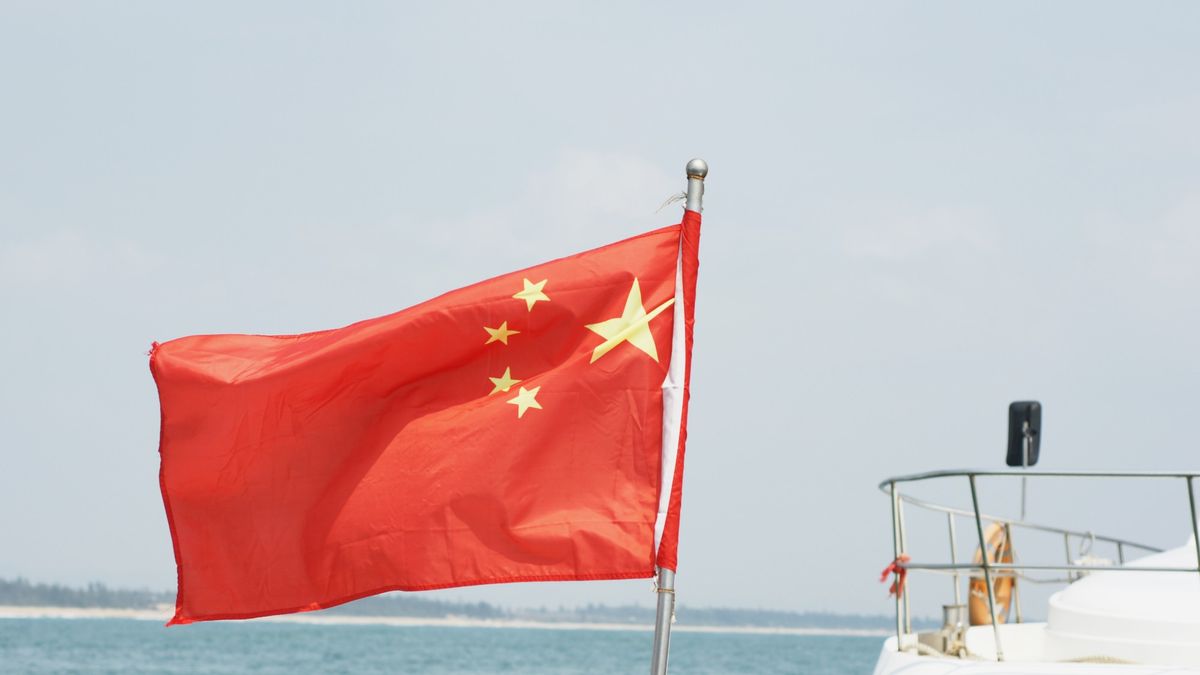What is behind China's aggressive naval maneuvers near Australia?

```html
China's Growing Naval Might: A Test of Power in the Pacific
Rising Tensions in Pacific Waters
China's naval presence has surged dramatically in recent years, marked by recent live-fire exercises near Australia, Taiwan, and Vietnam. These drills, while not militarily significant according to Su Tzu-yun of Taiwan's Institute for National Defense and Security Research, serve as a potent political message to Pacific nations. They suggest, as reported by The New York Times, that accommodating Beijing may be the key to their future.
The timing is critical. With Washington grappling with issues in Ukraine, the Middle East, and Pentagon budget cuts, China's exercises appear strategically placed. Bloomberg suggests these maneuvers are a test for the United States, questioning its commitment as a security partner in light of shifting international relations.
Experts like Wen-Ti Sung of the Atlantic Council believe China is "testing the waters" to gauge America's response. James Char of Singapore's S. Rajaratnam School of International Studies adds a stark warning: if the US appears indifferent, it's a victory for Beijing.
A New Era of Pacific Power?
Anne-Marie Brady, writing in The Diplomat, describes China's actions as heralding a "new era of sea power in the Southwest Pacific." The ability to disrupt crucial sea lanes between Australia and New Zealand underscores a growing and potentially permanent military presence. The message, according to Brady, is clear: China is here to stay, and other powers have little recourse.
This new reality casts a shadow over Australia, particularly as the US seemingly re-evaluates its alliances. As Peter Hartcher points out in The Sydney Morning Herald, America's recent actions, from trade disputes to questioning NATO commitments, raise concerns about its reliability as a security partner. This leaves Australia in a precarious position, experiencing firsthand the unease of a rival navy operating near its shores.
Diplomatic Disputes and Military Expansion
Despite causing concern, China dismisses the need for apologies. Beijing's ambassador to Canberra, Xiao Qian, insists the countries are "friends, not foes or rivals," downplaying any threat posed by the naval exercises, as reported by The Guardian. However, Australian Prime Minister Anthony Albanese has voiced his country's concerns and lodged formal protests.
Meanwhile, China's naval ambitions continue to expand. NBC News reports on the development of a massive nuclear-powered aircraft carrier, rivaling the largest in the US fleet. This development has certainly captured America's attention. According to Defense Secretary Pete Hegseth, the US recognizes China as a "peer competitor" and is prioritizing strategies to deter conflict in the Pacific.